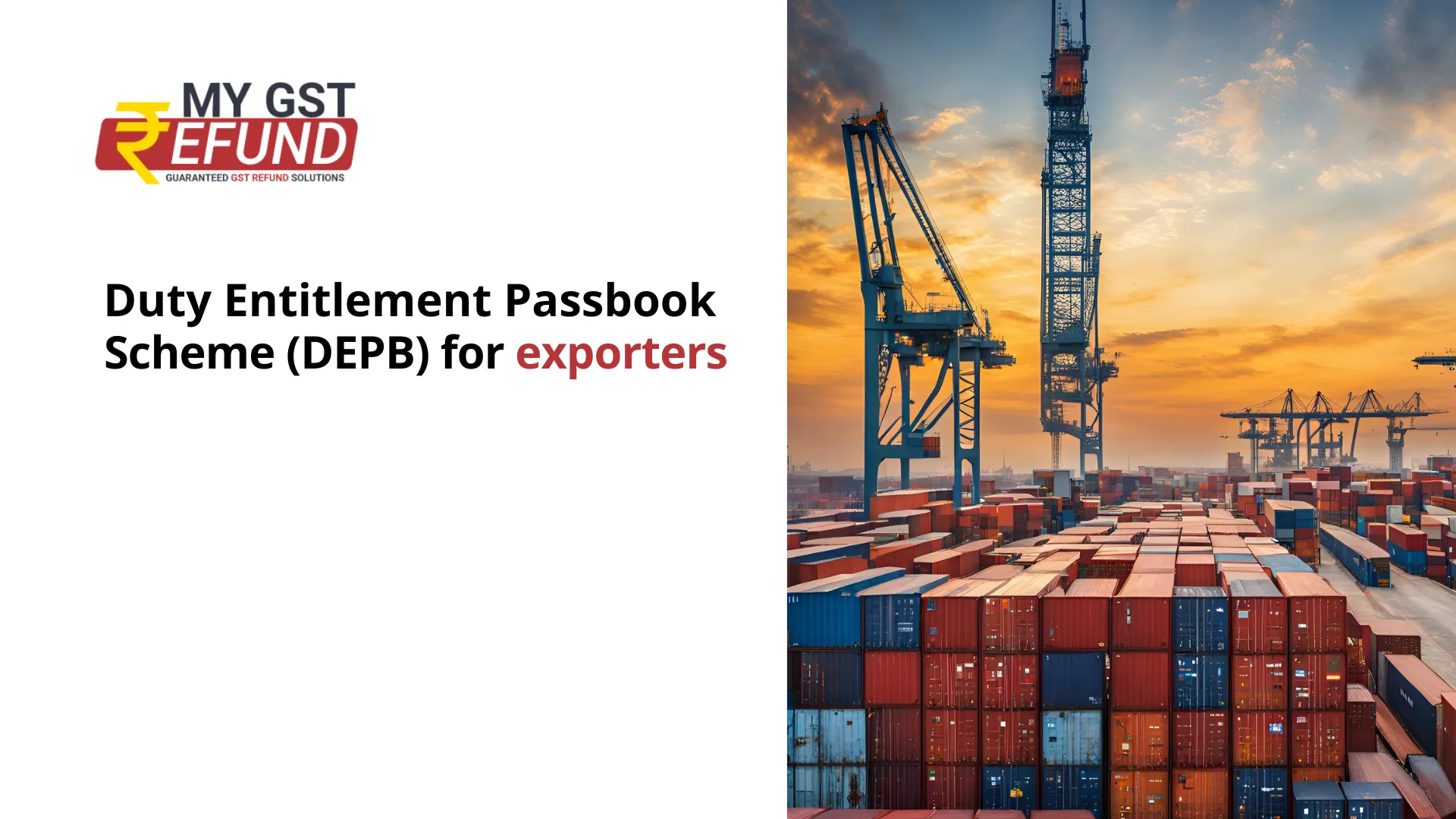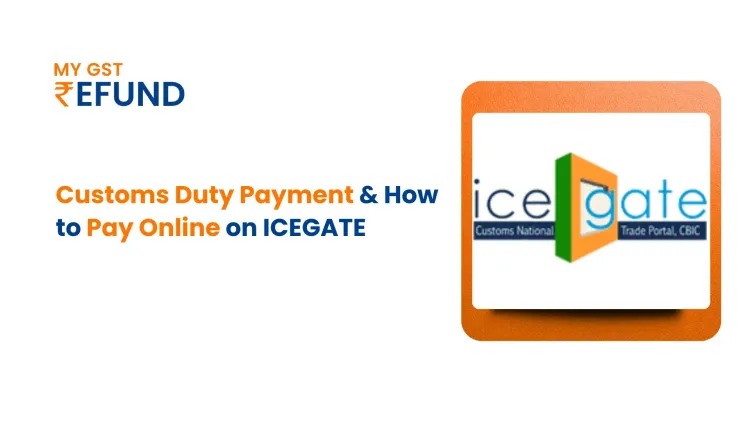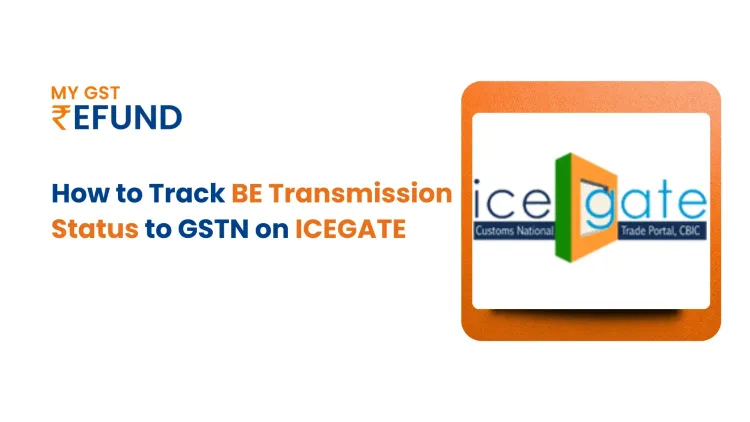What is Duty Entitlement Passbook Scheme (DEPB) ?
The Duty Entitlement Passbook Scheme (DEPB) is a program by the Indian government designed to help exporters. It works by giving exporters credit to offset the duties they’ve paid. This scheme started on April 1, 1997, and had two parts: pre-export and post-export DEPB, with the latter ending on April 1, 2000.
The main goal of the DEPB scheme is to support exporters by compensating for basic customs duties on imported materials used in their products. It plays a crucial role in boosting exports by offering financial incentives and easing cross-border trade. The scheme’s flexible approach to duty rates and its integration with specific ports makes trading easier. Additionally, its ability to handle defective imports through re-exportation helps maintain quality and reduces supply chain disruptions.
Role of Duty Entitlement Passbook Scheme
The Duty Entitlement Passbook Scheme (DEPB) is an export incentive program that started on April 1, 1997. It initially had two parts: Post-export DEPB and Pre-export DEPB, with the latter ending in 2000. The Post-export DEPB gives exporters a credit based on the value of their goods.The scheme aims to help exporters by offsetting the basic customs duties on imported materials used in their exports.
Exporters can earn a credit worth a set percentage of their goods' value, based on rates decided by the Director-General of Foreign Trade. This credit can only be used to reduce customs duties and cannot be cashed out or used for other expenses. However, this credit can be transferred to others, making trade easier.The DEPB allows imports of various items, but not those in restricted categories like gold pens, gold nibs, and gold watches. Even though these items might be seen as writing tools or watch parts, they don’t qualify for DEPB benefits.
Duty Entitlement Passbook Scheme (DEPB) Rate Structure
The Duty Entitlement Passbook Scheme (DEPB) rate is set based on the lower value between the Free on Board (FOB) value or a value cap. Exporters must provide proof that their goods have no more than 5% extra material by weight to qualify.
If the extra material is within this 5% limit, it will be ignored, and the DEPB rate for the export product will apply. Customs must keep detailed records of goods being exported under this scheme or that have already been exported.
Implementation of Duty Entitlement Passbook Scheme (DEPB) Rates
The factors involved in implementation of DEPB scheme are as follows:
- Rationalised Rates for Custom Duties Modification by implementation of Duty Entitlement Passbook Scheme (DEPB)
A key part of running the Duty Entitlement Passbook Scheme (DEPB) is adjusting the rates to match current customs rules and policies. This helps ensure the rates are in line with the latest customs regulations.
- Capping on Specific Items with Unverified Present Market Value
For certain items with set limits, the process doesn’t require checking their current market value. This makes the procedure simpler by skipping the need for value assessments.
Pre-Designated Ports Integration into DEPB Scheme
As part of the DEPB plan, specific ports are smoothly included to ensure the scheme works consistently across different ports.
- Absence of Threshold Limit for New DEPB Rates
The DEPB scheme’s setup doesn’t have a fixed limit for setting new rates. This flexibility allows rates to be adjusted freely without set boundaries.
Credit Allocation and Present Market Value (PMV) in DEPB Scheme
For goods eligible for credit under the scheme, if the credit amounts to 10% or more, it should not exceed 50% of the current market value. When exporting, the exporter must submit a shipping bill that meets the scheme’s requirements. This bill should show that the benefit received is within 50% of the current market value of the exported goods. However, goods with a set value limit don’t require a current market value declaration, regardless of the DEPB rates applied.
Utilisation of Duty Entitlement Passbook Scheme
The credit gained from the scheme is meant to reduce Indian Customs Duty and can also be used to pay for import-duty-free capital goods.
Re-Exporting Imported Goods
If imported goods are found to be defective, they can be re-exported to the original recipient. In such cases, 98% of the credit amount will be deducted from the DEPB account for those goods. The Commissioner will provide a certificate showing the amount and details from the original DEPB. The DGFT’s Regional Authority will then issue a new DEPB, keeping the same validity period and port as the original one.
Conclusion
The Duty Entitlement Passbook Scheme (DEPB) is a flexible program aimed at boosting India’s export sector while simplifying customs duties and incentives. It offers structured rates and credits to encourage exporters and make resource use more efficient. By considering market value, setting credit limits, and managing defective goods well, the scheme shows it can adapt and work effectively.
The DEPB scheme helps increase exports, reduce duty costs, and foster cooperation among stakeholders, greatly benefiting India’s trade system. However, as trade conditions change, regular updates and adjustments will be needed to keep the scheme effective and supportive of the nation’s economic growth and global engagement.
FAQs
Q.1 What is the full form of DEPB ?
Ans. DEPB refers to the Duty Entitlement Passbook Scheme.
Q.2 What are the benefits of the DEPB scheme ?
Ans. If you export products that have up to 5% extra materials in them, you can still get the benefits of the DEPB scheme. For these products, you don’t have to worry about the extra materials; you will receive the DEPB benefit based on the standard rate for the product as if the extra materials weren’t there.
Q.3 What is DEPB Scheme in export?
Ans. The DEPB Scheme in export is a program that refunds exporters for the duties they paid on materials they imported to make their products.
Also Read: Export Promotion Councils: Boosting Indian Trade
Related Posts







